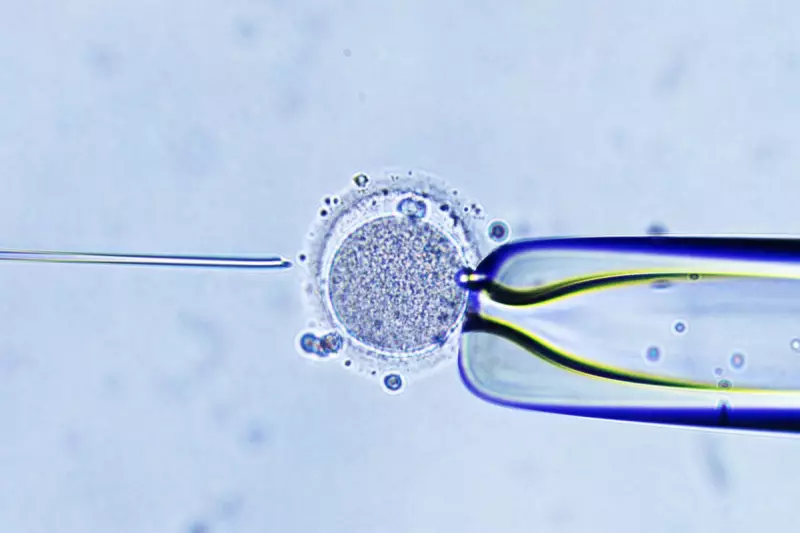
Scientists are making strides in embryo testing with the help of artificial intelligence, potentially allowing parents to screen for intelligence traits in future children. This cutting-edge research has sparked both excitement and ethical concerns.
The Science Behind the Innovation
Researchers are developing AI models that analyse genetic data from embryos created through in vitro fertilisation (IVF). These models aim to predict cognitive abilities by identifying genetic markers associated with intelligence.
How It Works
- Embryos undergo genetic sequencing during IVF
- AI algorithms assess thousands of genetic variants
- The system generates predictions about potential cognitive traits
Ethical Dilemmas Emerge
The technology raises significant questions:
- Should parents have access to intelligence predictions?
- Could this lead to a new form of eugenics?
- How might this affect societal equality?
Bioethicists warn that such screening could create unrealistic expectations and exacerbate social divisions. "We're entering dangerous territory," cautions one leading ethicist.
The Future of Reproductive Technology
While still in development, this AI application represents a major leap in reproductive medicine. Experts predict the first clinical applications could emerge within the next decade, though regulatory hurdles remain.
The debate continues as science pushes boundaries in embryo selection, forcing society to confront difficult questions about the ethics of genetic enhancement.





